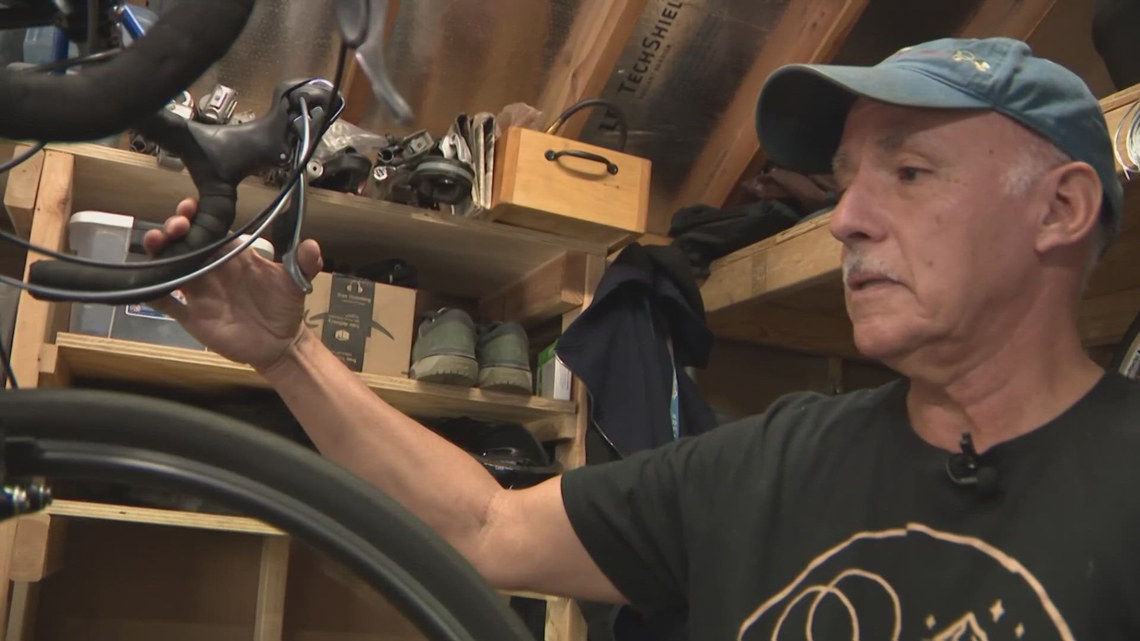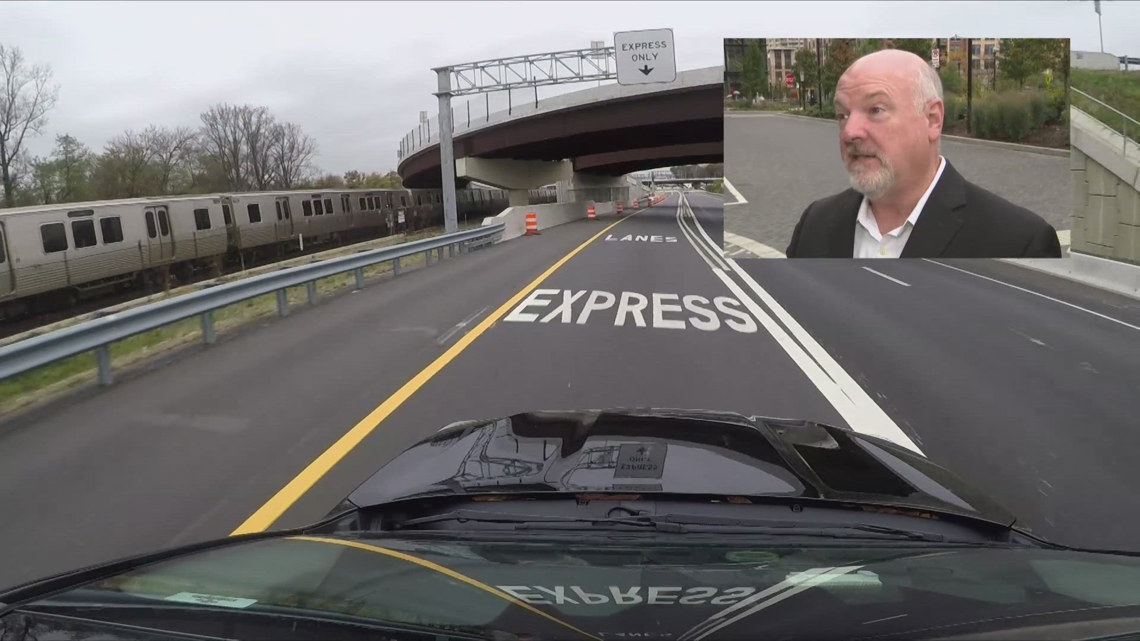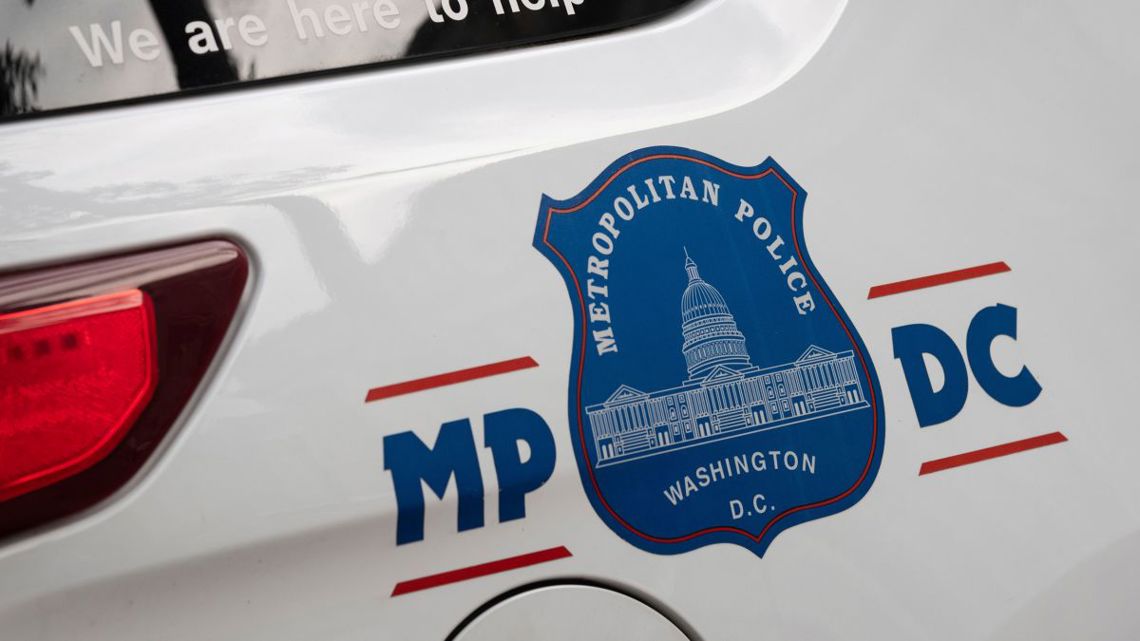Separate flood insurance policies are available through private companies or a national program managed by FEMA.
Hurricanes and tropical storms bring heavy rainfall and high storm surge which can cause devastating flooding, even after making landfall. And it's not just hurricanes, rainstorms throughout the year can cause flooding to occur just about anywhere.
Some people on social media claimed that homeowners insurance policies don’t typically cover flood damage. Google search data show people are also asking whether renters insurance policies cover flood damage, and how to get flood insurance.
THE QUESTION
Do homeowners and renters insurance policies typically cover flood damage from hurricanes?
THE SOURCES
THE ANSWER
![]()
No, homeowners and renters insurance policies don’t typically cover flood damage from hurricanes.
WHAT WE FOUND
Homeowners insurance provides people with financial protection in the event of a disaster or accident involving their home. Standard policies insure the home itself and personal belongings. Renters insurance policies cover the cost of replacing personal belongings, as well as accidents and injuries.
But homeowners and renters insurance policies don’t typically cover certain disaster-related damage.
The Insurance Information Institute (III) and insurance company Allstate say standard homeowners and renters insurance policies usually do not cover flood damage. This includes flooding brought on by or as a result of a hurricane, Allstate says.
Instead, people can purchase separate flood insurance policies from a private company or the National Flood Insurance Program (NFIP) managed by the Federal Emergency Management Agency (FEMA).
These policies can cover buildings, such as your home, the contents within, or both. Most offer coverage of up to $250,000 for residential buildings and $100,000 for personal belongings, Amica Insurance says.
Flood insurance through the NFIP is available to anyone living in one of the 23,000 participating communities throughout the United States.
To purchase flood insurance, people can call their insurance company or agent. You can also use an online tool offered by the federal government to help find a flood insurance provider or call the NFIP at 877-336-2627.
Amica says there can be a 30-day waiting period before a flood insurance policy goes into effect. There are some exceptions, including for people purchasing a home, but it’s best not to wait to buy coverage until experts predict severe weather in your area.
For those who didn’t buy coverage ahead of a storm, FEMA also offers assistance to people who live in areas that receive a presidential disaster declaration.
But Florida’s emergency management division warns the average FEMA payout to people who live in the state following a disaster declaration is about $5,100, which may not be enough money to cover repairs. This compares to an average payout of about $29,000 for people who file flood damage claims through the NFIP.
People without flood insurance may still find that their homeowners insurance policy offers some protection during a hurricane.
Some policies offer wind coverage, for example, and could offer protection if a hurricane’s winds damage your roof and rain gets in as a result, AllState says. However, some policies partially or completely exclude wind-related damage, so it’s important to read your homeowners insurance policy or call your agent to check what coverage you have.
Standard homeowners and renters insurance policies don’t typically cover earthquake damage, either. They will, however, generally cover losses from fire after an earthquake and any expenses you incur while living elsewhere during repairs.
Wildfire damage to your home and belongings is often covered by standard homeowners insurance policies, though specific coverage varies based on your location and policy.
The VERIFY team works to separate fact from fiction so that you can understand what is true and false. Please consider subscribing to our daily newsletter, text alerts and our YouTube channel. You can also follow us on Snapchat, Twitter, Instagram, Facebook and TikTok. Learn More »
Follow Us
Want something VERIFIED?
Text: 202-410-8808
.png)









 English (US) ·
English (US) ·